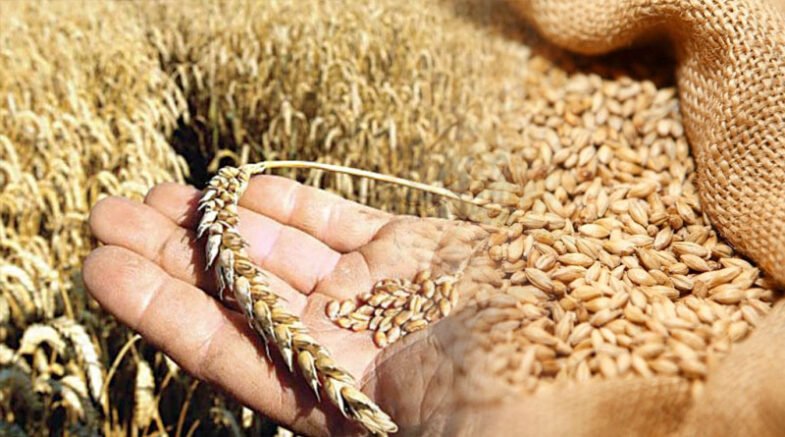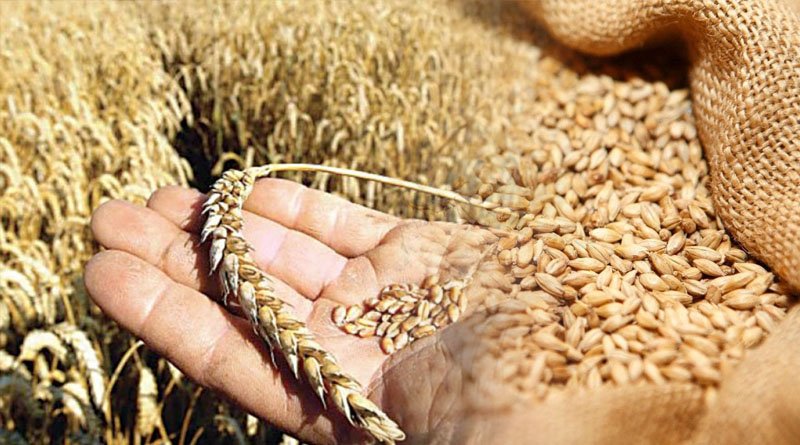Zinc wheat has the potential to help Pakistan achieve food security while also addressing widespread and preventable zinc deficiency in the general population.

Pakistani authorities predict a significant decrease in wheat production due to climate change for the 2022–2023 season. Nonetheless, food and agriculture experts anticipate a rapid increase in the production of zinc-enriched biofortified wheat to approximately 5.4 million metric tonnes (MT) in the 2023 wheat cropping season, up from 3.5 MT in 2022.
Zinc wheat has the potential to help Pakistan achieve food security while also addressing widespread and preventable zinc deficiency in the general population.
“Pakistan is leading the way in the world when it comes to scaling zinc wheat production,” said Jenny Walton, HarvestPlus Head of Commercialization and Scaling, after a recent visit to Pakistan, where she inaugurated zinc wheat flour production at a chakki mill in Faisalabad.
“This wheat has a commercial benefit for all supply chain participants and results in a nutritious product that consumers require and want,” she added.
“At my mill, there is no difference in the price of whole grain wheat flour made from zinc-enriched varieties compared to conventional wheat varieties,” Mahboob Ahmed, the owner of a chakki mill in Faisalabad, said.
“My earnings have increased as more people visit my shop to purchase this type of wheat flour.” “I am grateful to HarvestPlus for increasing my capacity to supply people in my area with zinc wheat flour, which is good for their health and boosts their immunity against diseases,” he added.
Pakistan faces serious food insecurity and malnutrition challenges, particularly among women and children. Nearly one in every five children under the age of five, as well as more than 20% of women, is zinc deficient.
Climate change, including extreme flooding, has exacerbated the situation. Economists believe that malnutrition costs Pakistan USD 7.6 billion every year due to lost labor, healthcare expenses, and lower productivity of human capital.
To date, the National and Provincial Wheat Programs have developed three biofortified zinc wheat varieties with HarvestPlus support: Zincol 2016, Akbar 2019, and Nawab 2022. In Pakistan, these varieties are available for production and consumption.
“It is encouraging that millions of farmers have cultivated these zinc-enriched varieties due to their ability to provide high yields, disease resistance, and better zinc nutrition,” said Muhammad Anjum Ali Buttar, Director General of Extension and Adaptive Research at the Punjab Government’s Agriculture Department.
